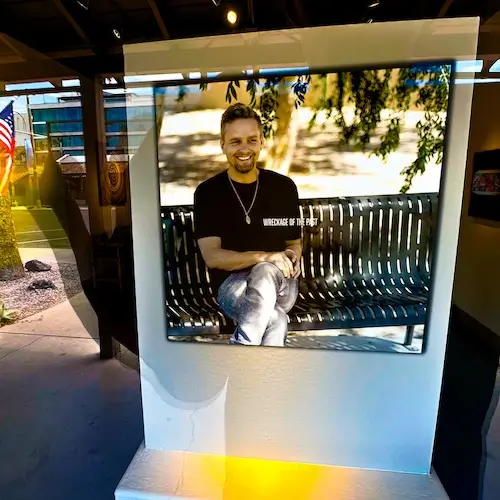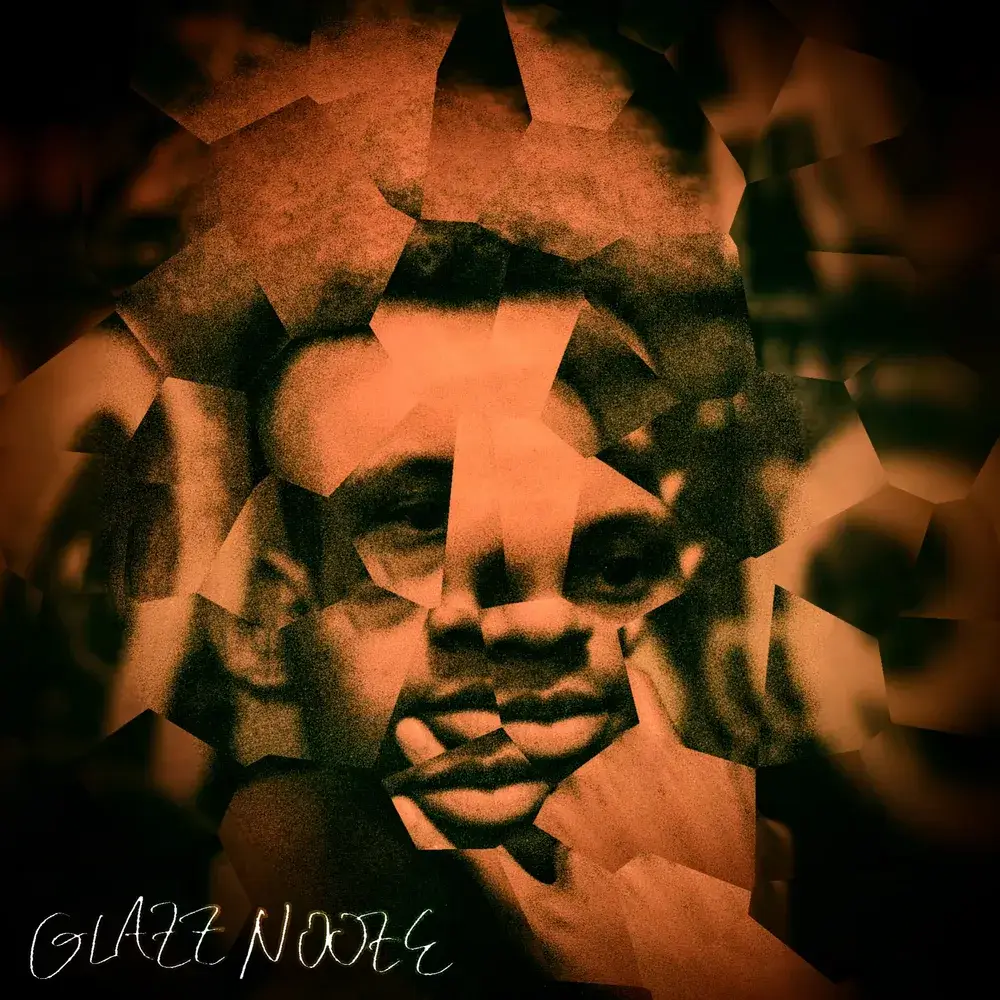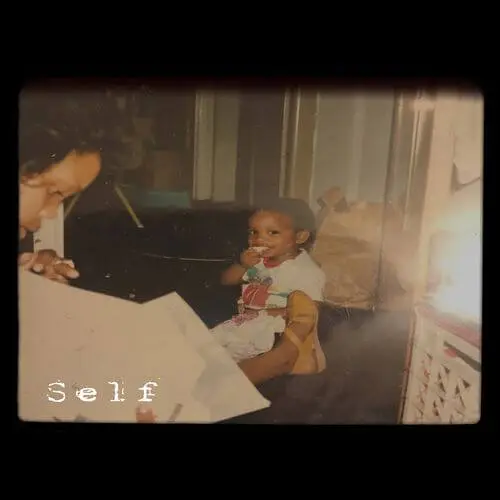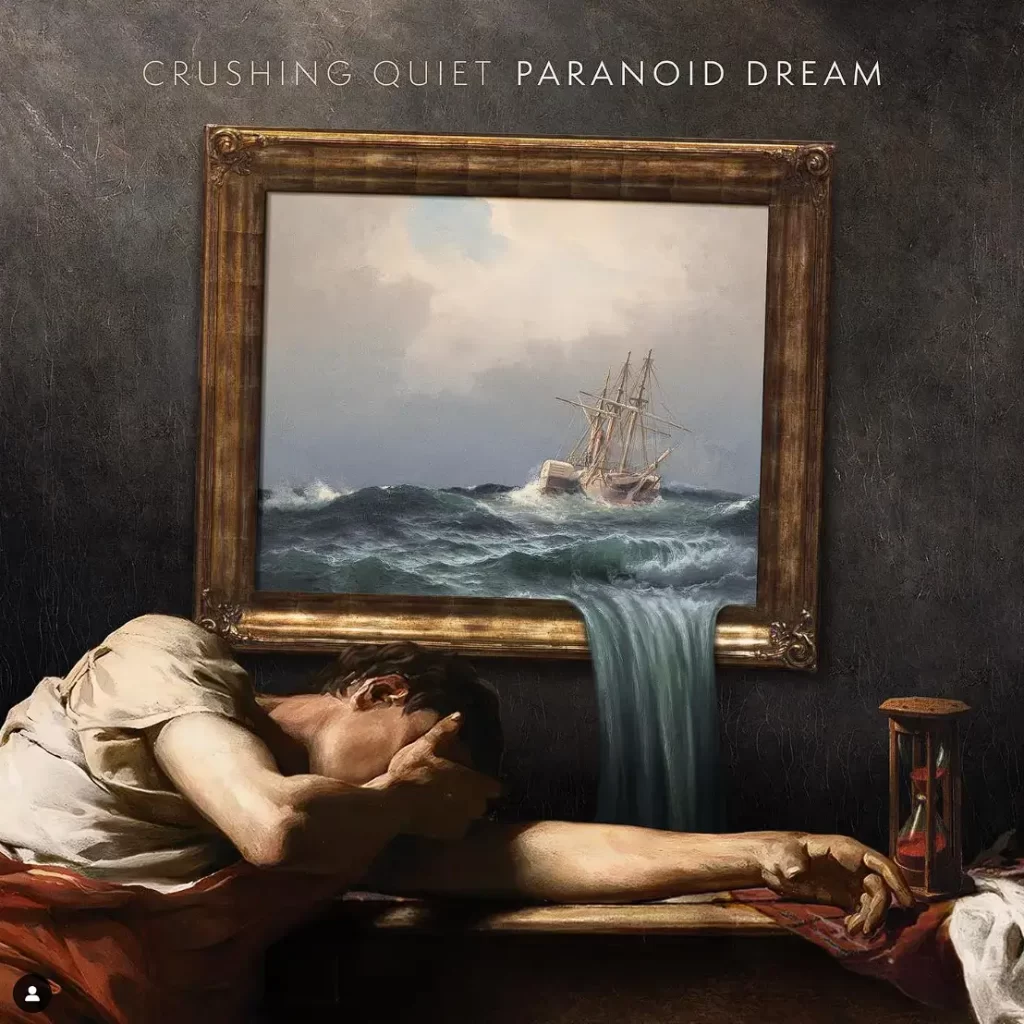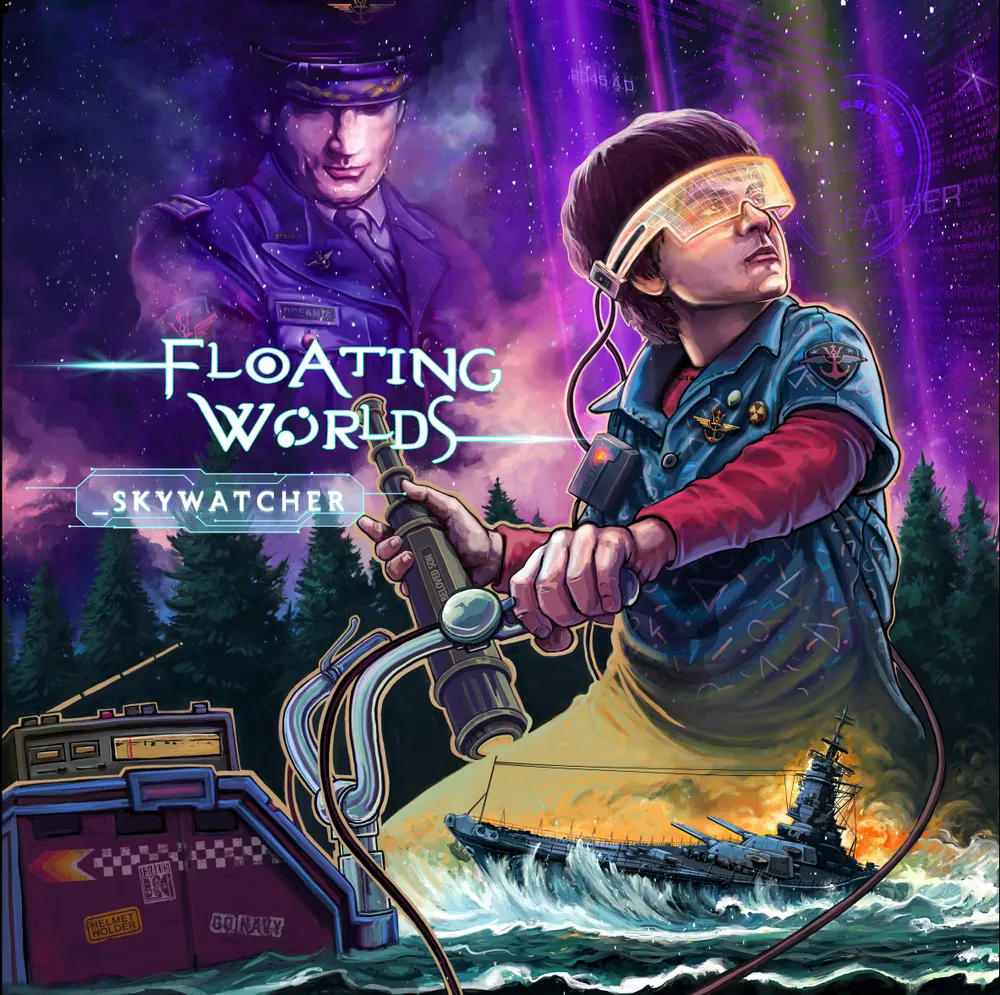In 2025, it’s rare to hear a hip-hop record that feels like a record. Most “albums” now arrive as Spotify fodder: trend-chasing playlists designed by committee, padded with features from whichever TikTok darling has clout this quarter. John Keenan’s Wreckage of the Past, though, doesn’t play that game. It’s 18 tracks, entirely self-produced, with no features, no ghostwriters, and no algorithm-ready fluff. The kind of uncompromising statement that makes you realize how much of the rap landscape has been reduced to mood playlists for venture capitalists.
This is not a lean, polished, 10-track major-label event where every hook is pre-cleared for a Hyundai ad. This is dense, messy, sometimes overwhelming, but absolutely alive. It’s the sound of one person insisting that the best way forward is to wrestle with the wreckage, instead of papering over it with vibes and auto-tuned “let’s get this bread” optimism.
And, crucially, it’s funny. Not in the sense of joke rap, but in the sense that it knows what it’s pushing against. There’s a knowing wink in the way funk basslines sit under orchestral swells, as if to say: “Yes, I know I’m layering jazz chords over a trap kit and you can’t stop me.” It’s ambitious in the most deliberately awkward way, refusing to let itself be easily digested.
The opener, “Afraid to Try,” doesn’t kick the door down. Rather, it sidesteps in with a groove that would’ve been at home on Anderson .Paak’s Oxnard. Funky drums, live-feeling fills, jazz chords that carry both swagger and uncertainty. Instead of a triumphant arrival, it begins with hesitation, confession, doubt. It sets up the central tension of the record: vulnerability as fuel for propulsion.
That contrast continues in “Again She Lies,” which takes a story of betrayal and drapes it in horn samples that would make a Dilla crate-digger grin. It’s funky, yes, but mournful too; it’s an acknowledgement that emotional wreckage isn’t just metaphorical, it’s lived. The track’s power lies in that tension: you want to nod your head, but the story keeps you unsettled.
“Decide I Could Change” starts off as standard self-reflection, but the back half blooms into something wilder: colorful string chops and chipmunk-soul vocal flips stacked so aggressively they almost overwhelm the mix. It’s a maximalist flex, like the sonic equivalent of taping over your old diary pages with magazine cutouts just to prove you’ve moved on. Then there’s “How It Has To Be,” which is maybe the boldest left turn. Imagine Coldplay’s Viva La Vida crashing headlong into Hamilton, all string stabs and dramatic piano chords, reimagined through hip-hop production. It shouldn’t work, but it does; partly because it’s delivered with absolute sincerity. In lesser hands it would be parody; here, it’s earnest, cinematic, a refusal to treat bombast as inherently cringe.
When the politics arrive, they’re sharp. “Letter to the President” is the closest the record comes to outright protest, a modern equivalent of Pink’s Dear Mr. President if it had been reimagined as a 90s rap cut. The orchestral swells push it into film-score territory, but the verses are all grit,calling out systemic failures without falling into preachiness. It sounds frustrated, yes, but it also sounds lived-in, like someone yelling because they actually have skin in the game.
But the record’s not all fire and brimstone. “No Stress At All” cools things down, a breezy funk-laced cut that feels like a lost Mac Miller joint from before he leaned into singer-songwriter territory. It’s a moment of levity and release, proof that even in the wreckage, joy still has a place.
If there’s a centerpiece, it’s “Put Down My Soul.” Once again leaning into Oxnard-style grooves, the track’s vocal harmonies elevate it into something almost spiritual. It’s a mission statement: a reckoning with legacy, mortality, purpose. The orchestration builds and builds until it erupts into a groove that demands you not just listen, but reckon with it.
Lastly, “Refining My Pages” closes the circle. Less a song than a narration, it layers a female vocal hook against jazzy piano chords, as if the record itself is being written in real time. It’s meta, self-aware, but also sincere. It’s a meditation on persistence, craft, and what it means to keep writing in a culture that rewards shortcuts.
The danger of an 18-track record is bloat, and yes, Wreckage of the Past can feel overwhelming. It’s not designed for casual consumption, and it doesn’t apologize for that. But that’s what makes it work. It feels cohesive, like an actual album with a spine, not a dump of tracks optimized for skipping.
There are obvious parallels: Kendrick at his most ambitious, early Kanye before the spectacle eclipsed the music, Anderson .Paak’s blend of funk and confession. Ultimately though, John Keenan’s Wreckage of the Past isn’t mimicking; it’s filtering those influences through one voice, one perspective. That cohesion is its strength.
Ultimately, John Keenan’s Wreckage of the Past isn’t trying to reinvent hip-hop; it’s trying to reclaim it. In an era where so much of the genre feels corporatized, reduced to playlist fodder, here’s an album that insists on being messy, human, political, joyful, contradictory and above all; authentic. It won’t be for everyone. It’s not meant to be. But for those who give it their time, it offers something increasingly rare: a hip-hop album that still believes in the album as an art form. On September 14th, when this thing lands, you’re not just getting another rap record. You’re getting a project that dares to sound uncompromisingly like itself. And if that means sitting with a bit of wreckage, so be it. That’s what makes it real.
Follow John Keenan
Promoted Content
About the Author

A tenured media critic known working as a ghost writer, freelance critic for publications in the US and former lead writer of Atop The Treehouse. Reviews music, film and TV shows for media aggregators.
